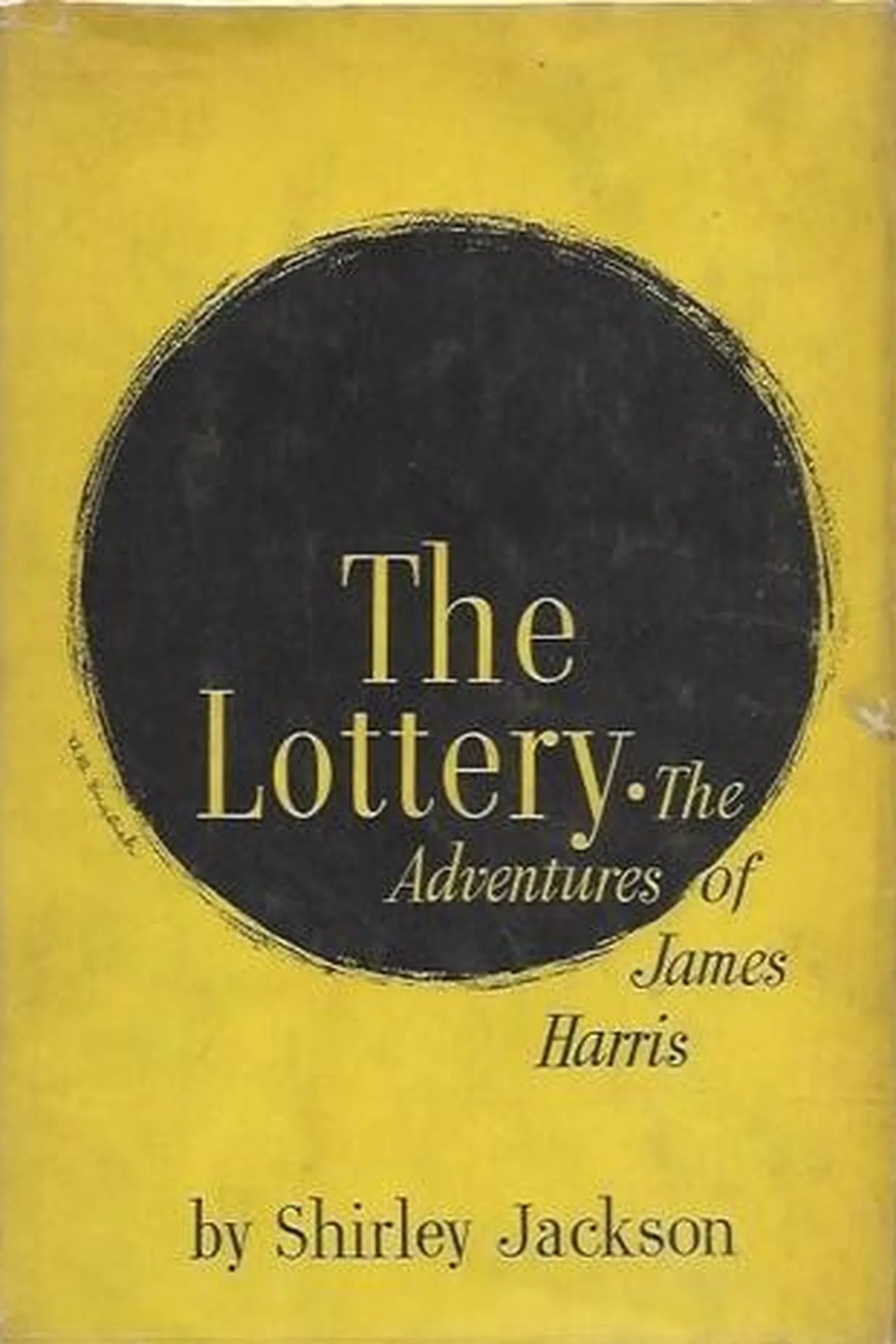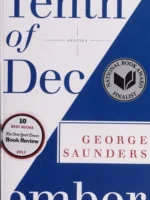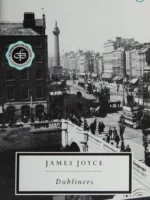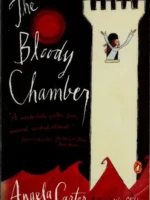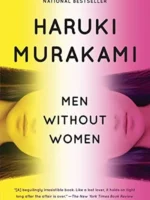The Lottery Review
About
First published in 1948, Shirley Jackson’s The Lottery remains one of the most chilling short stories in American literature. In under ten pages, Jackson dismantled the myth of small-town innocence and revealed the violence hiding inside tradition. The story’s calm tone and banal setting make its horror unforgettable. It’s a masterpiece of restraint—terrifying precisely because it feels so ordinary.
Overview
The story takes place on a bright summer morning in a rural village where residents gather for their annual lottery. Children laugh, neighbors gossip, and everything feels familiar—until the ritual’s true purpose comes clear. Jackson offers no monsters, no explanations, only the comfort of conformity turned deadly. The story shocked readers of The New Yorker upon publication, sparking thousands of angry letters and decades of analysis.
Summary
(light spoilers) The townspeople assemble in the square, chatting casually as the black box is brought out. Each family draws a slip of paper; nervous laughter fills the air. When Tessie Hutchinson draws the marked slip, the tone shifts, but the ritual continues. Her protests—“It isn’t fair, it isn’t right”—go unheard. The villagers, including her own family, pick up stones. The story ends mid-gesture, leaving the reader in silence and complicity. Jackson never tells us why the lottery exists—only that it does, and that no one remembers a time without it.
Key Themes / Main Ideas
• Tradition and violence — the horror of obedience without thought.
• Community and cruelty — how normal people become executioners.
• Randomness — morality detached from reason.
• Gender and scapegoating — women as both participants and victims.
• Complacency — the danger of rituals we no longer question.
Strengths and Weaknesses
• Strengths — Spare, perfect prose; slow dread built from normalcy; universal moral clarity.
• Strengths — A story that can be read in five minutes and remembered for life.
• Weaknesses — Readers seeking explanation may find its ambiguity frustrating.
• Weaknesses — Its simplicity invites endless interpretation, which can obscure its raw power.
Reviewed with focus on themes, audience, and takeaways — Shirley Jackson
| SKU: | BOOK-FkiE5W |
|---|---|
| Category: | Short Stories |
| pa_author | Shirley Jackson |
|---|---|
| ISBN | 978-6-868-84087-4 |
| pa_year | 1952 |
| Pages | 510 |
| Language | English |
Related products
-
Tenth of December, George Saunders, 2013
- Author: George Saunders
- Genre: Short Stories
- Publisher: Random House
- Publication Year: 2012
- Pages: 272
- Format: Paperback
- Language: English
- ISBN: 978-0812984255
- Rating: 4,1 ★★★★☆
-
Dubliners, James Joyce, 1914
- Author: James Joyce
- Genre: Short Stories
- Publisher: Penguin Classics
- Publication Year: 1914
- Pages: 288
- Format: Paperback
- Language: English
- ISBN: 978-0143107453
- Rating: 4,0 ★★★★☆
-
The Bloody Chamber, Angela Carter, 1979
- Author: Angela Carter
- Genre: Short Stories
- Publisher: Vintage Classics
- Publication Year: 1979
- Pages: 256
- Format: Paperback
- Language: English
- ISBN: 978-0140178210
- Rating: 4,1 ★★★★☆
-
Nine Stories, J.D. Salinger, 1953
- Author: J.D. Salinger
- Genre: Short Stories
- Publisher: Little, Brown and Company
- Publication Year: 1948
- Pages: 320
- Format: Paperback
- Language: English
- ISBN: 978-0316767729
- Rating: 4,1 ★★★★☆
-
Men Without Women, Haruki Murakami, 2014
- Author: Haruki Murakami
- Genre: Short Stories
- Publisher: Alfred A. Knopf
- Publication Year: 2017
- Pages: 240
- Format: Paperback
- Language: English
- ISBN: 978-0385352123
- Rating: 3,9 ★★★★☆
-
Interpreter of Maladies, Jhumpa Lahiri, 1999
- Author: Jhumpa Lahiri
- Genre: Short Stories
- Publisher: Houghton Mifflin
- Publication Year: 1999
- Pages: 198
- Format: Paperback
- Language: English
- ISBN: 978-0395927205
- Rating: 4,1 ★★★★☆

